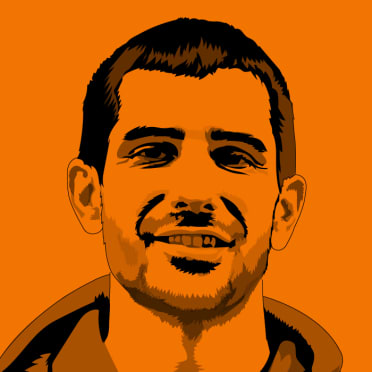The day MJ broke baseball's unwritten rules
Even His Airness has experience in the area
There's, once again, been talk of a player breaking baseball's unwritten rules this week. This time it's White Sox superstar Yermín Mercedes. With his team up 11 runs against the Twins on Monday night, Mercedes swung at a 3-0, 47.1-mph offering from position-player pitcher Willians Astudillo. He hit a towering solo homer.
The Twins were upset with the idea that Mercedes would swing at a 3-0 pitch in a blowout -- so much so that they threw at him on Tuesday night. Mercedes' own manager, Tony La Russa, wasn't happy about it. Mercedes didn't think it was a big deal and, you can see his point: when the opposing team puts in a guy who's throwing slower than most fans in the stadium, why not try and hit it to the moon? Should Mercedes try to get out? If it's over the plate, why not swing? The debate rages on.
Baseball's unwritten rules have, of course, been around for decades. And back in 1994, maybe the most famous White Sox player ever was affected by them: Michael Jordan.
His Airness was playing in his only Minor League season for the Birmingham Barons in late April. The team was facing off against the Chattanooga Lookouts and up, 11-0, in the eighth inning. Jordan came up to the plate and ripped a double into the outfield. He then promptly stole third base, trying to get into better scoring position for his team.
According to an MiLB.com story by Kelsie Heneghan, former Barons manager and current Indians skipper Terry Francona couldn't believe what he saw. He held up his hand to the Chattanooga dugout as an apology, saying, "I'm sorry, I'm sorry, I'll take care of it."
Francona brought Jordan into his office after the game and explained to him that in baseball, stealing bases when your team is up by multiple runs (who knows what the actual number is?) is frowned upon. It's a sign of disrespect.
"What are you doing, trying to get us killed," Francona reportedly said to the 31-year-old prospect.
Jordan, the ultra competitor, responded how most athletes trying their hardest at the top of their sport might respond:
"Well, in the NBA, when you're up by 20, you try to go up by 30."
